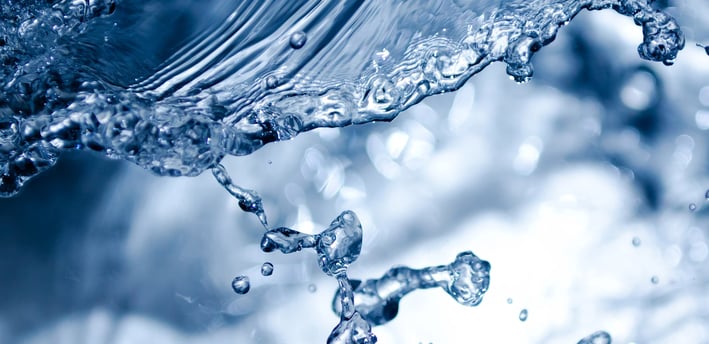

What is it?
It is the process of providing water to the body for biological functions such as temperature regulation, digestion, and circulation. Approximately 60% of the human body is made up of water.
Importance of Hydration
Temperature Regulation: Water helps maintain an appropriate body temperature through sweating. Dehydration can increase the risk of heatstroke, especially during exercise (Casa et al., 2000).
Cognitive Function: Mild dehydration can negatively affect concentration and memory. A study showed that a loss of 1-2% of body weight in water impacts cognitive performance (McGregor et al., 2018).
Physical Performance: Hydration is crucial for athletic performance. Dehydration of more than 2% of body weight can lead to a decrease in endurance and strength (Sawka et al., 2007).
Digestive Health: Water is essential for digestion and the elimination of waste. Dehydration can cause issues such as constipation (Maughan, 2003).
Recommendations
Daily Intake: It is recommended to consume approximately 2 liters of water per day for women and 3 liters for men. However, a good general rule is to drink 1 liter of water for every 25 kg of body weight. For example, a person weighing 75 kg should consume about 3 liters of water per day.
Hydration During Exercise: It is suggested to consume between 200-300 ml of water every 15-20 minutes during intense workouts. For prolonged exercise, drinking 500 to 1000 ml per hour can be beneficial (Sawka et al., 2007).
Post-Exercise: It is important to replenish fluids after exercise by consuming approximately 1.5 liters of water for each kilogram of body weight lost (Maughan & Burke, 2012).
Signs of Dehydration: Symptoms such as intense thirst, dry mouth, and dark-colored urine are key to identifying dehydration.
Water-Rich Foods: Including fruits and vegetables like watermelon and cucumber can help maintain hydration.
Considerations for People Who Train
Before Training: Drink 500 ml of water 2-3 hours before the activity.
During Training: Consume water every 15-20 minutes and consider sports drinks to replenish electrolytes.
After Training: Proper rehydration is essential for recovery.
Conclusion
Maintaining proper fluid balance not only supports athletic performance but also cognitive function and digestive health. By following practical recommendations and paying attention to the body's signals, proper hydration can be ensured.
References
Casa, D. J., et al. (2000). "Temperature Regulation in the Human Body: The Role of Hydration." Journal of Athletic Training.
McGregor, R. A., et al. (2018). "The effect of hydration status on cognitive performance in athletes." European Journal of Nutrition.
Maughan, R. J. (2003). "Hydration and recovery from exercise." Sports Medicine.
National Academies of Sciences, Engineering, and Medicine. (2005). "Dietary Reference Intakes for Water, Potassium, Sodium, Chloride, and Sulfate."
Sawka, M. N., et al. (2007). "American College of Sports Medicine position stand: exercise and fluid replacement." Medicine & Science in Sports & Exercise.
Stookey, J. D. (2005). "Hydration and health." Journal of Nutrition.
Maughan, R. J., & Burke, L. M. (2012). "Sports nutrition: a manual for professionals." Human Kinetics.

